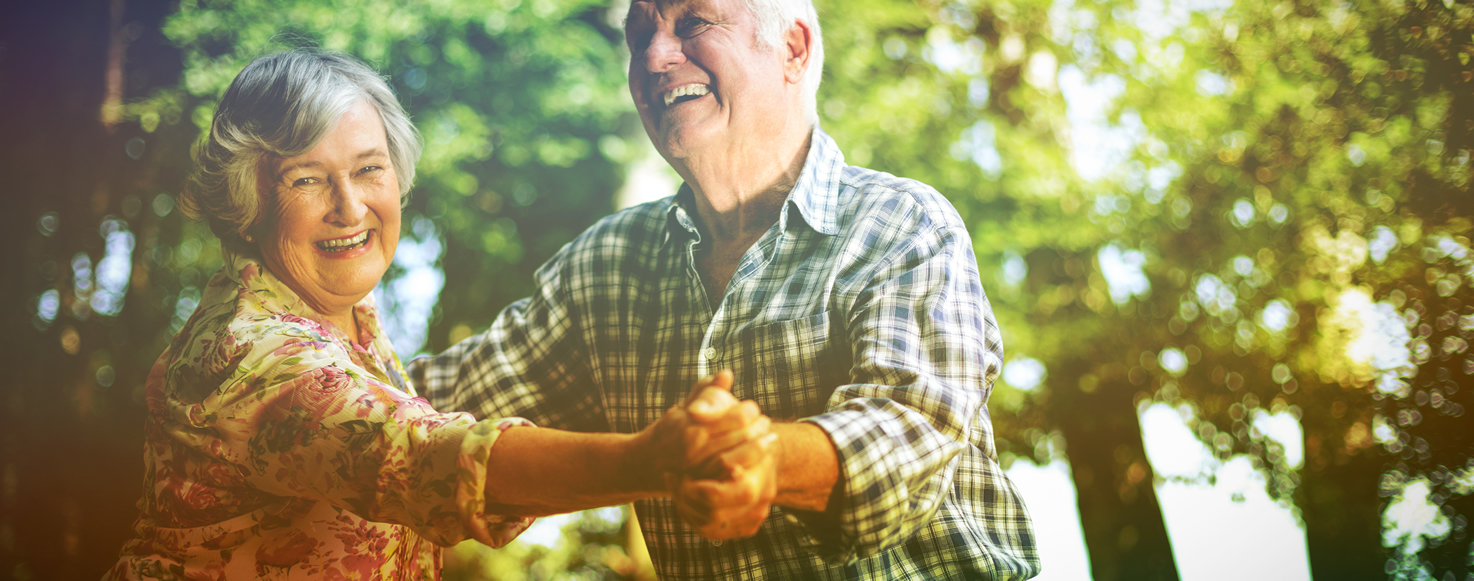Do your want to slow down the signs of aging and keep your brain active? So pick up your dancing shoes!
As we age, a number of brain changes occur, including a decrease in brain size, a reduction in blood flow, and a decline in communication between brain cells. These changes can interfere with cognitive functioning, especially learning and memory.
Numerous studies have found that physical activity can help to reduce cognitive decline in later life and exercising regularly has been linked to a slower decline in memory and thinking skills for those 50 and over.
But which forms of exercise are most effective against brain aging? Studies show that older people who routinely partake in physical exercise can reverse the signs of aging in the brain, and dancing has the most profound effect.
According to Dr Kathrin Rehfeld, lead researcher at the German center for Neurodegenerative Diseases, Magdeburg, Germany, exercise has the beneficial effect of slowing down or even counteracting age-related decline in mental and physical capacity. “In our studies,” she says, “we found that two different types of physical exercise (dancing and endurance training) both increase the area of the brain that declines with age. In comparison, it was only dancing that lead to noticeable behavioral changes in terms of improved balance.”
The complex mental coordination that dance requires activates several brain regions (cerebellum, somatosensory cortex, and basal ganglia) triggering movement, rational, musical, and emotional responses. This strengthens neural connections and can improve our memory. Older adults who dance have bigger hippocampus (a part of the brain responsible for memory consolidation) and better balance.
Dance and ageing research has also shown its positive impact on the neurology in healthy and dementia groups, indicating that dance could be used as therapy to improve visual perception and spatial memory, which are areas of cognition commonly affected by dementia. Additionally, dancing has the following benefits:
- Dance is a stimulating mental activity that connects mind to body, increasing feelings of well-being. The essence of dance is joy: It simply makes you feel good!
- Dance develops flexibility and instills confidence, increasing muscular toning, agility, and diminishing the risks of falls.
- Dance increases awareness of where all parts of the body are in space. Dance focuses attention on eyes, ears, and touch as tools to assist in movement and balance, further diminishing risks of falls.
- Dance breaks isolation and stimulates social interaction, which helps in the fight against depression.
- The basis of dance is tempo, beat, and rhythm, all which stimulates the mathematical functions of the brain and the formation of new synapses.
The UCSD pioneer Alzheimer’s Diseases expert, Neurologist Dr. Robert Katzman, who died in 2008, was a stanch advocate of dancing as a way to stave off cognitive decline. He once said: “Freestyle social dancing, such as foxtrot, waltz and swing, requires constant split-second, rapid-fire decision making, which is the key to maintaining intelligence because it forces your brain to regularly rewire its neural pathways, giving you greater cognitive reserve and increased complexity of neuronal synapses.” Cognitive reserve acts as your brain’s savings account which provides you with increased resilience against memory loss.
Building your brain’s neural complex works in much the same way as exercise, to get fitter you have to train regularly. So, the more dancing you do, the greater your cognitive reserve. And don’t worry about having to attend dance classes: You benefit from just going out dancing. Your improvisational skills on the dance floor is enough to fire up the rapid decision-making needed to forge new neural pathways.
At Villa Allamar, music and dancing are important components of our wellness program. Please check our Activities Calendar on a regular basis and join us for cognitive strengthening, feel good social events!
